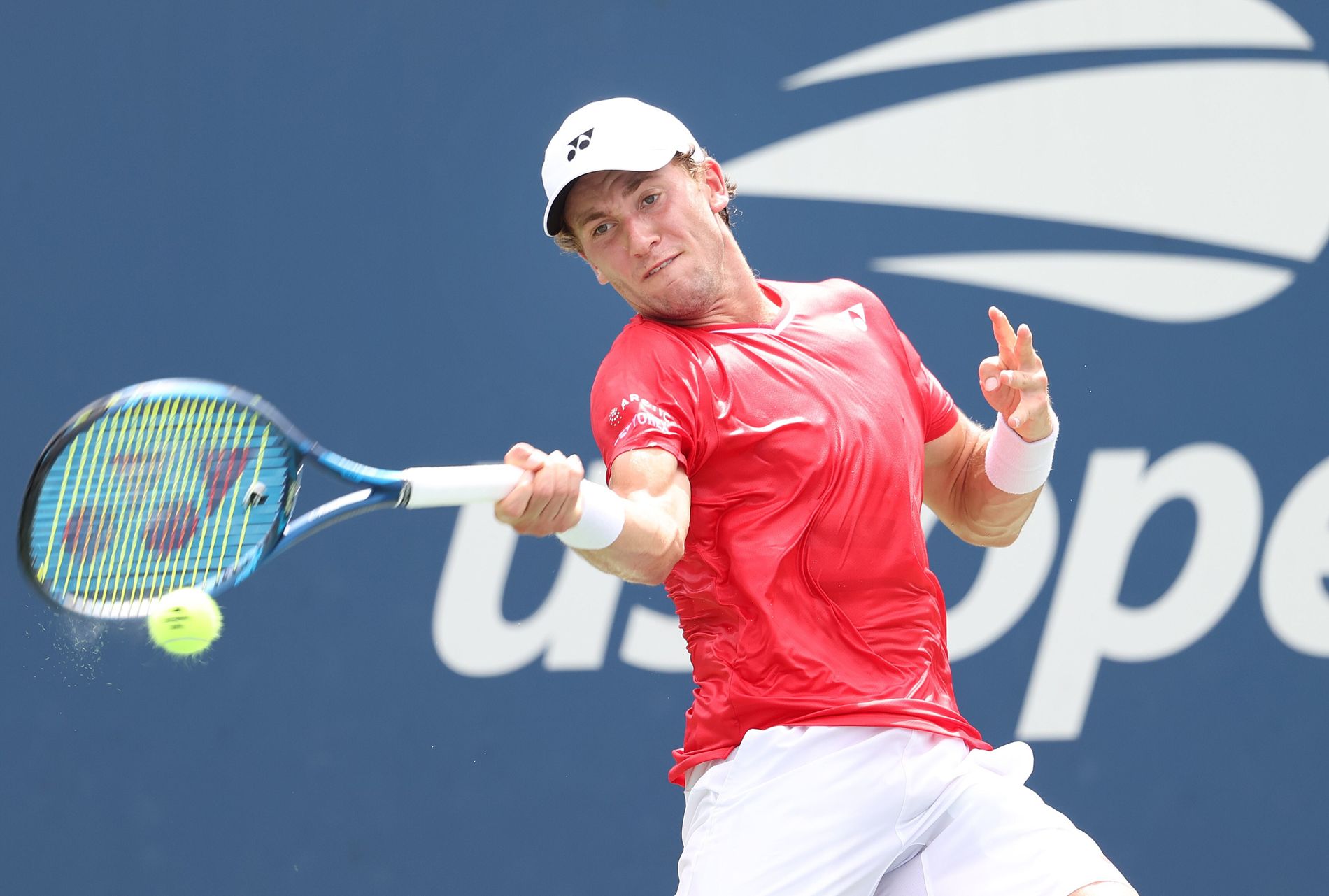Hatchett’s job, however, is to make sure that future vaccines against the novel coronavirus are shared fairly around the world, but the United States, Europe and other wealthy countries have already reserved the first doses.
Only seven months after the onset of the pandemic, and even before clinical trials of experimental vaccines were completed, a few developed countries (United States, European Union, United Kingdom, Canada, Japan) ordered a total of ‘at least 3.1 billion doses, according to an AFP count. Donald Trump was the pioneer: his government signed contracts guaranteeing at least 800 million doses from six manufacturers, for 330 million inhabitants, to be delivered by the end of the year for some of them.
The United States is potentially in a position to have too many vaccines if all the projects it has invested in are successful
, Richard Hatchett said from London in an interview with AFP.
This American says he understands that national leaders serve their citizens first, but calls on Washington to behave in leader
worldwide and to share its doses with other countries. Which is not part of President Trump’s plans to date.
We must persuade world leaders that the first limited quantities of vaccines will need to be shared globally, so that a handful of countries must not have their hands on all the vaccines that will be produced in the first half of 2021
, pleads Richard Hatchett, who wants absolutely to avoid the scenario of 2009, when the rich countries had reserved the first vaccines against influenza H1N1.
I am preoccupied
, he adds.
The situation in Canada
The Canadian government has announced that it has reserved up to 190 million doses of vaccine against COVID-19, under agreements in principle with four different firms.
The first vaccines could be available in the first quarter of next year if the trials are successful.
As part of the (ultimately lost) campaign to secure a seat on the United Nations Security Council, Canada, through the voice of Prime Minister Justin Trudeau, pledged to pay $ 600 million over five years to the Vaccine Alliance, a group that will allow more than 300 million children to be vaccinated against various diseases, including COVID-19.
–
A late international program
A device was set up to buy and distribute equitably 2 billion doses in 2021, called Covax, at the initiative of the World Health Organization (WHO), CEPI and the Alliance for the vaccine (GAVI) . Ninety-two developing countries and 80 developed countries have joined, and the European Union announced Monday a contribution of 400 million euros.
But Covax has, at this stage, acquired only 300 million doses from AstraZeneca, a pharmaceutical group which has separately signed partnerships with the United States, Europe, Russia, South Korea, China, Latin America, Brazil. Novavax, an American biotech, has signed a partnership with an Indian group to produce up to one billion doses of its potential vaccine in India.
The CEPI negotiations, mainly funded by public and private donations, including the Gates Foundation, are In progress
with the other laboratories, but no contract has been announced. Not even with the American biotechnology firm Moderna, in which CEPI invested very early on. The few million dollars given to Moderna weigh little compared to the 2.5 billion dollars subsequently granted by the American government.
Although we remain in contact with Moderna, for such a small investment, we cannot have the same requirements
, recognizes Richard Hatchett.
WHO’s ideal goal is to immunize the planet in an order of priority independent of nationalities, starting with the 20% most vulnerable people in each country, including medical personnel, before moving on to the others.
I understand why they are doing it, but it is unfortunate that governments buy more vaccine than needed for these priority vaccinations
, says the boss of CEPI.
The coalition believes that with 172 members of Covax, it can nevertheless negotiate good prices.
This is one of the reasons why we ask countries to confirm their commitment to the mechanism.
, he pleads. The greater the number of countries negotiating together, the greater our purchasing power and the more attractive the price.
But the European Union has sealed its own agreements with the major laboratories and has not said whether the bloc will use the WHO device.
Longer term, Richard Hatchett says CEPI still needs to raise US $ 700-800 million of the $ 2.1 billion needed to continue vaccine research. Because nothing guarantees that the current developments will succeed.
–

:quality(80)/cdn-kiosk-api.telegraaf.nl/52e08362-ec95-11ea-8c68-0255c322e81b.jpg?resize=150%2C150&ssl=1)